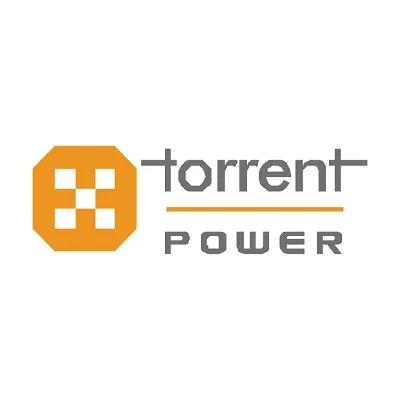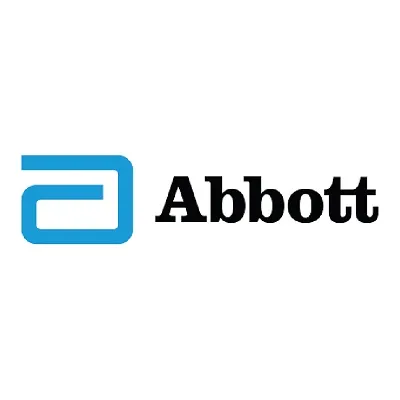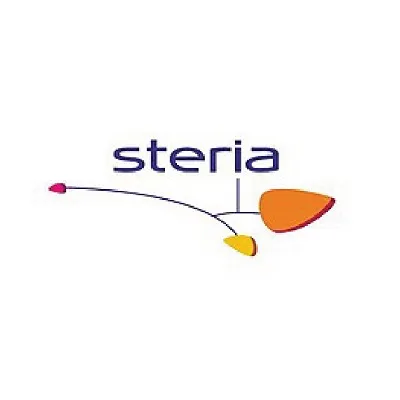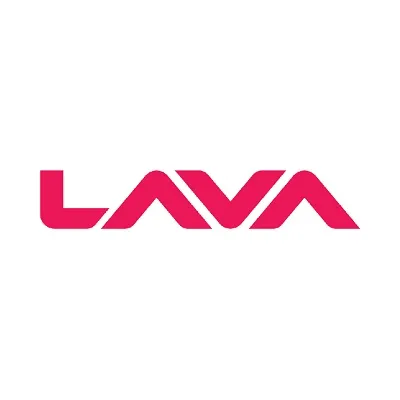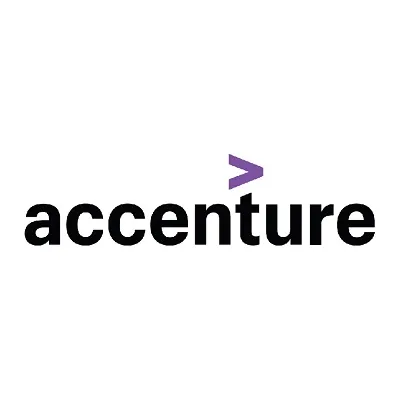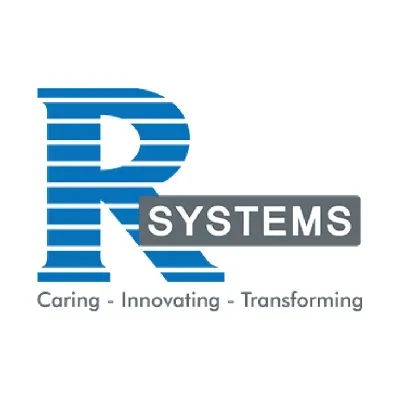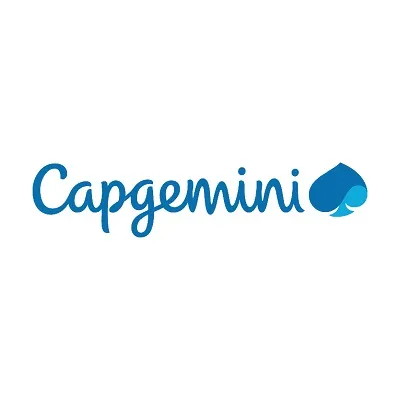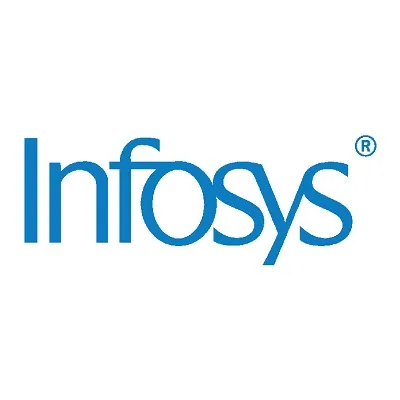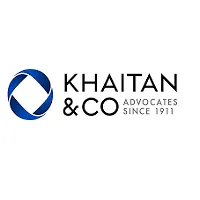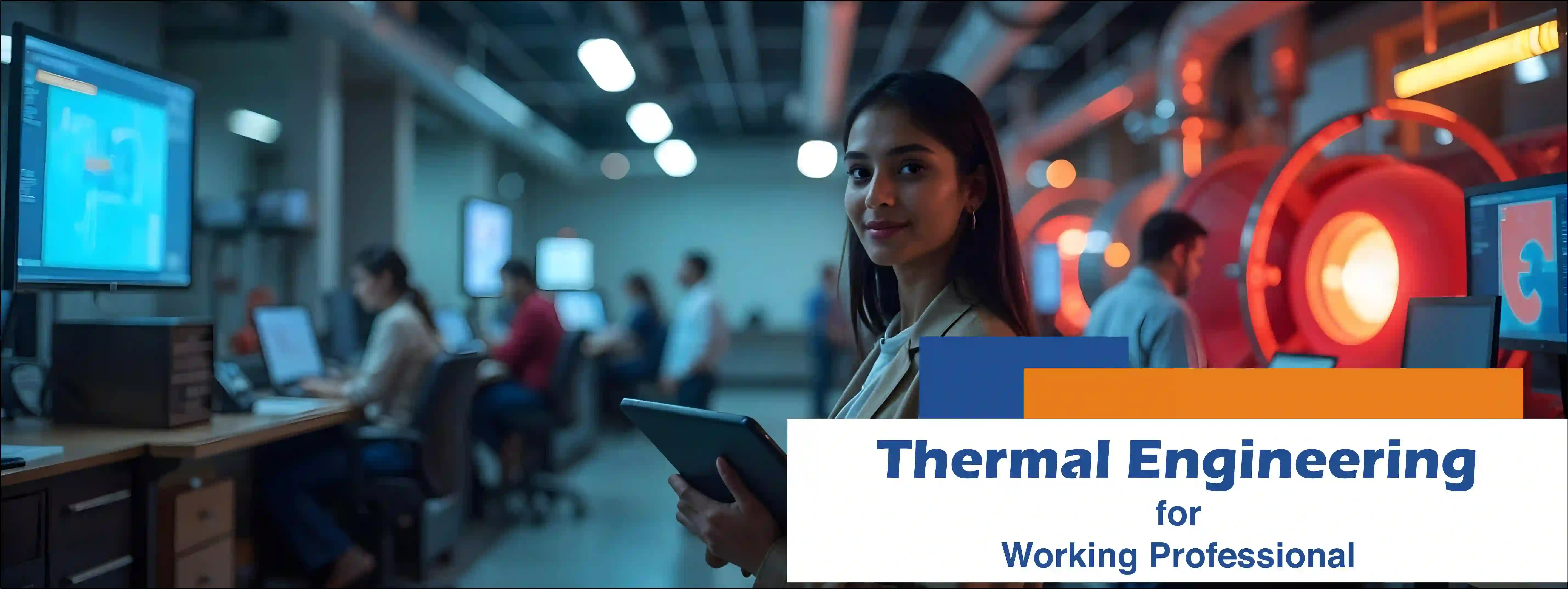

Online M.Tech in Thermal Engineering is crafted with flexibility where students can pursue their qualifications while being on the job. The flexible timing Integrated learning programs aim to increase the expertise of working professionals who wish to enhance their skill set in the field of thermal engineering. Some important topics during the course program include advanced thermodynamics, heat and mass transfer, computational fluid dynamics (CFD), and renewable energy systems. Major emphasis is laid on energy conservation, energy efficiency, power plant engineering, and sustainable energy solutions. There are some skyrocketing career profiles available in various industries viz. Power generation and thermal power plants, HVAC and refrigeration industries, Renewable energy sectors (solar, wind, and geothermal), Research and development in energy efficiency and heat transfer technologies, Academia and technical consultancy industry etc.
Pursuing Online M.Tech evening course in Thermal Engineering through a Work Integrated Learning Program (WILP) at Mangalayatan University offers several advantages tailored to the needs of working professionals. Skill Advancement deepens understanding of thermal systems and energy management. Career Growth opens pathways for roles like Thermal Engineer, Energy Consultant, and R&D Specialist. Flexibility allows working professionals to upskill without disrupting their careers. There are also greater chances of being placed in senior roles and attracting higher salaries in the industry. The university is committed to creating a conducive learning environment for working professionals through these programs with more emphasis on quality education and learning thereby fostering sustainable environmental solutions.
| Ist SEMESTER | 2nd SEMESTER | 3rd SEMESTER | 4th SEMESTER |
|---|---|---|---|
| Advanced Thermodynamics | Simulation, Modelling | Departmental Elective III | DISSERTATION |
| Numerical Method and Computer Programming | Analysis | Departmental Elective IV | |
| Advanced Heat and Mass Transfer | Computational Fluid | Mini Dissertation | |
| Turbo Machines | Dynamics | ||
| Advanced Thermal | Departmental Elective-I | ||
| Engineering Lab | Departmental Elective-II | ||
| Numerical Method and | Advance Heat and mass transfer Lab | ||
| Computer Programming Lab | Advance I.C. Engine Lab |

Live & Recorded Lectures with cutting-edge tutorials.

Interact and Collaborate with Peers and Faculty

Online Mentoring

Use of Multimedia and Open Educational Resources

Flipped' Classrooms

E-portfolio & Peer Assessment

Work Integrated Advantage

Experiential Learning

Academic & Industry Mentorship

Continuous Assessment

Dissertation/Project Work
